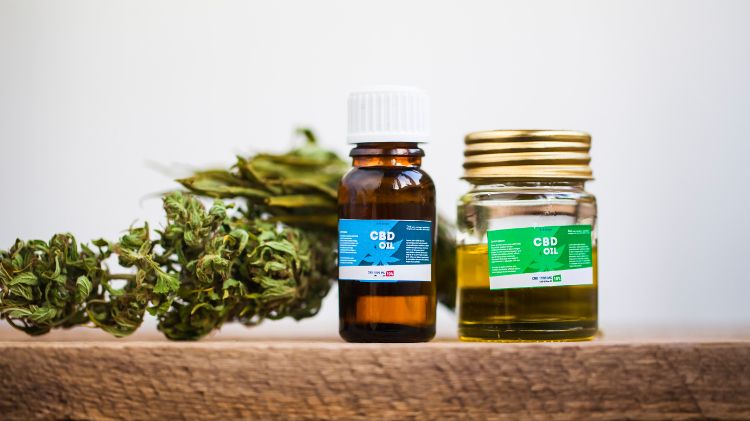HempFusion sponsoring upcoming trial studying the safety of CBD consumption
HempFusion will be one of ten companies to sponsor and participate in a new human clinical trial conducted by ValidCare to determine if daily use of full-spectrum hemp-derived CBD or CBD isolate impacts the human liver.
Photo © AdobeStock.com/Elroi

HempFusion (Denver, CO) has announced that it will be one of ten companies to sponsor and participate in a new human clinical trial conducted by ValidCare to determine if daily use of full-spectrum hemp-derived CBD or CBD isolate impacts the human liver. ValidCare provides clinical research outsourcing and consumer intelligence solutions to CPG and life science industries. The study addresses one of the primary questions and concerns of the U.S. Food and Drug Administration (FDA) regarding CBD products.
"We are excited that HempFusion is one of the select companies participating in this study as they have demonstrated leadership in regulatory compliance and concern for consumer safety," stated Patrick McCarthy, CEO of ValidCare, in a press release. "What makes this study unique is we are capturing real world evidence from real consumers, specifically on how they use CBD products and how their bodies react to those products, particularly with respect to liver safety. We believe this real-world evidence is important to the FDA and could be used to guide policy moving forward.”
The study is expected to begin in the third quarter of 2020, to conclude by the end of the year. "We are incredibly proud to participate in ValidCare's study and help advance scientific research surrounding CBD,” said Jason Mitchell, ND, co-CEO of HempFusion, in a press release. "As a Company, we are built on a foundation of regulatory compliance as well as consumer safety and participation in this study helps establish HempFusion as a leader in the global CBD industry"
Prinova acquires Aplinova to further increase its footprint in Latin America
April 7th 2025Prinova has recently announced the acquisition of Brazilian ingredients distributor Aplinova, which is a provider of specialty ingredients for a range of market segments that include food, beverage, supplements, and personal care.










